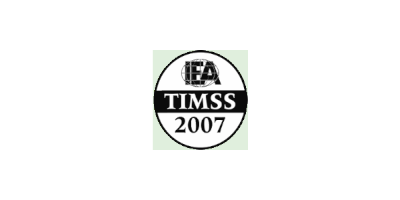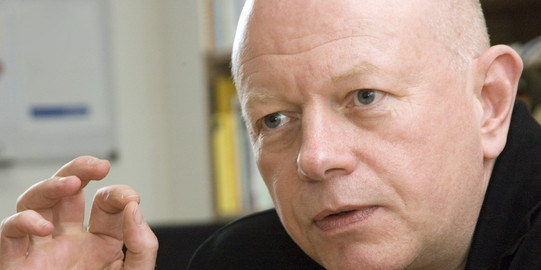Trends in International Mathematics and Science Study (TIMSS) of the International Association for the Evaluation of Educational Achievement (IEA).
With TIMSS 2007, Germany participated for the first time in a baseline international comparison of fourth grade students in mathematics and science.
Project description
The lasting improvement of the quality of schools and teaching is a desirable goal both from a social point of view and with regard to the personal development opportunities of every pupil. Its realisation presupposes the availability of reliable information on the level of knowledge and skills of the pupils. Only with this information can concrete recommendations for action be formulated to support and optimise schools.

Therefore, after various studies on the competencies of pupils at lower secondary level and the "Progress In Reading Literacy Study" (PIRLS), which has already been conducted twice, the Federal Republic of Germany now participated in another international school performance study: As part of the "Trends in International Mathematics and Science Study" (TIMSS 2007), primary school pupils took part in a mathematics and science study.
International background and German participation
The international management of the study with about 40 participating countries is the responsibility of the International Association for the Evaluation of Educational Achievement (IEA, Amsterdam) in cooperation with Boston College (USA). The Federal Republic of Germany is participating in the study by decision of the Standing Conference of the Ministers of Education and Cultural Affairs (KMK) of the Länder and in accordance with an agreement between the KMK and the Federal Ministry of Education and Research (BMBF).
The study took place in Germany in spring 2007 in all 16 Länder. A sample of pupils from approx. 275 primary and special schools, representative for Germany, was examined. The schools or the participating classes were randomly selected.
In our culture, mathematical and scientific skills represent fundamental competencies that are central to attaining adequate educational and occupational opportunities as well as to successful participation in society. Competencies in these areas include not only knowledge of the content of the respective subjects, but also procedural skills such as those related to reasoning, analysis, problem solving or proof. The tasks of the TIMSS study cover a wide range of content-related and procedural competencies in both mathematics and science.
Lead researcher at IFS
Publication of the results
The publication of the TIMSS 2011 results took place on 11 December 2012.
- Bos, W., Bonsen, M., Baumert, J., Prenzel, M., Selter, C., Walther, G. (Hrsg.). (2008). TIMSS 2007. Mathematische und naturwissenschaftliche Kompetenzen von Grundschulkindern in Deutschland im internationalen Vergleich. Münster: Waxmann.
Further information:





![[Translate to English:] [Translate to English:]](/storages/ifs-ep/_processed_/8/5/csm_AdobeStock_412860748_9a2dbb816c.jpeg)
